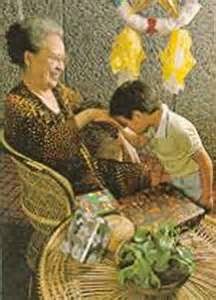Mao Tse Tung and his Protracted War, An Adaptation
The following is an adaptation of an excerpt from the series of lectures delivered by Mao Tse Tung in 1938 at the Yenan Association for the Study of War of Resistance Against Japan at the height of the second Sino-Japanese War from 1937-1945 at a city in North Eastern China. The lecture seemed to have included a question and answer segment where Mao Tse Tung had laid out his strategy to counter the Japanese occupation of China until the former’s defeat at the end of the 2 nd world war. It was a war fought by China as an underdog against the Japanese atrocious expansionism. The irony of that event in history is that China has now assumed the role of the Japanese conquistadors which it had fought during that war. The semi-literal translation presumably from Chinese into English is maintained in this adaptation; the word China is replaced by the word Philippines; while Japan is referred to as China instead. Some places and events deemed inapplicable were excluded, and in some sec

